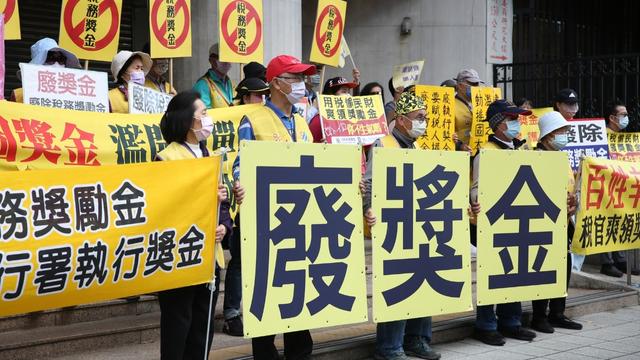In 1795, Immanuel Kant proposed a conscience-based society of nations. The project quickly also found its opponents—as it happened to Tai Ji Men’s idea that world peace is inseparable from conscience.
by Massimo Introvigne*
*A paper presented at the webinar “United Nations Day: Internationalizing the Tai Ji Men Case,” co-organized by CESNUR and Human Rights Without Frontiers on October 24, 2022, United Nations Day.

While we celebrate the United Nations Day, it may be appropriate to remember that the idea of a society of nations was first proposed by German philosopher Immanuel Kant (1724–1804) in his 1795 book “Zum ewigen Frieden” (Perpetual Peace). Kant was against the utopias of a world government, and believed that peace can be more effectively promoted by a society of independent national states.
There are four main reasons to remember Kant’s book today. The first is that “Perpetual Peace” includes a list of what should “not” be done if one really wants to promote peace that looks surprisingly modern. Kant recommended not to sign treaties with the idea of not respecting them, not to “interfere by force with the government of another state,” not to occupy territories legitimately belonging to another country, and in case of war not to “permit such acts of hostility which would make mutual confidence in the subsequent peace impossible,” including the killing of civilians, torture, and rape.
The second is that Kant was born, died, and lived in Königsberg, a quintessentially German city and a symbol of German culture that in 1945, as part of the consequences of World War II, became a Soviet exclave bordering Lithuania and Poland. It was renamed Kaliningrad, and has remained part of Russia to this very day. The presence of a Russian oblast with heavily armed Russian soldiers, and perhaps even nuclear weapons, in the middle of the European Union remains a cause of serious concern.

The city was “Russified” and German language and symbols gradually disappeared. Kant’s grave still exists, now in a very simple form in a portico on the north-eastern side of the cathedral, although in 2018 it was attacked by anti-Western Russian vandals, and a legend even claims that the remains of Kant are no longer there, as they were dispersed by Soviet soldiers when they entered the city in 1945. We do not know for sure, but Kant’s grave is as much a hostage of dictators as his project of a society of nations really protecting world peace.

The third reason is that Kant believed that the society of nations he had in mind should only include “republican states,” by which he did not mean that monarchies such as the United Kingdom should be excluded. “Republikanisch” (Republican) for Kant meant states with a representative government and a clear distinction between the legislative and executive powers, which was something less than a full-fledged modern democracy but certainly excluded totalitarian regimes. As we know, the presence of totalitarian, non-democratic regimes is the main obstacle to the functioning of the United Nations.
Fourth, Kant believed that world peace was possible only if the enlightened elites in each country worked hard to promote conscience. Without conscience there would be no peace, no matter how much efforts a society of nations would make. I am not sure that Kant’s notion of conscience was the same as Dr. Hong’s and Tai Ji Men’s. Kant’s one was deeply rooted in a Protestant sense of guilt and sin, and he saw it more as an inner tribunal delivering an internal verdict of guilt for the bad actions we have performed. Yet, his idea of a necessary connection between peace and conscience remains valid.

I would add another point. I personally disagree with several features of Kant’s philosophy, but find his idea of a society of nations less naïve than many that prevail today. Many believed that including totalitarian states and ferociously repressive regimes in the United Nations and even in the Security Council with veto power would eventually appease them. It did not happen. Also, the part of Kant’s project where peace was connected with conscience was dismissed as merely philosophical rhetoric, when in fact it was the key to it all.
Restoring the appeal to conscience as the lost part of Kant’s project of a “Perpetual Peace” is precisely what Dr. Hong and Tai Ji Men propose with their campaigns for world peace and love and the Movement of an Era of Conscience. It is also a credible recipe to make the United Nations work.
Of course, such a project has many opponents. The corrupt bureaucrats and those who do not fully accept democracy would not sympathize with a campaign reconnecting conscience and peace, because this project would generate citizens—and “world citizens,” an expression Kant was again the first to use in “Perpetual Peace”—with a habit of thinking independently.

This is one of the reasons why Dr. Hong and Tai Ji Men were always harassed and discriminated by rogue bureaucrats and politicians of dubious democratic credentials. This is also the reason why those who share the noble ideal of peace through conscience should support them.
Source: Bitter Winter

